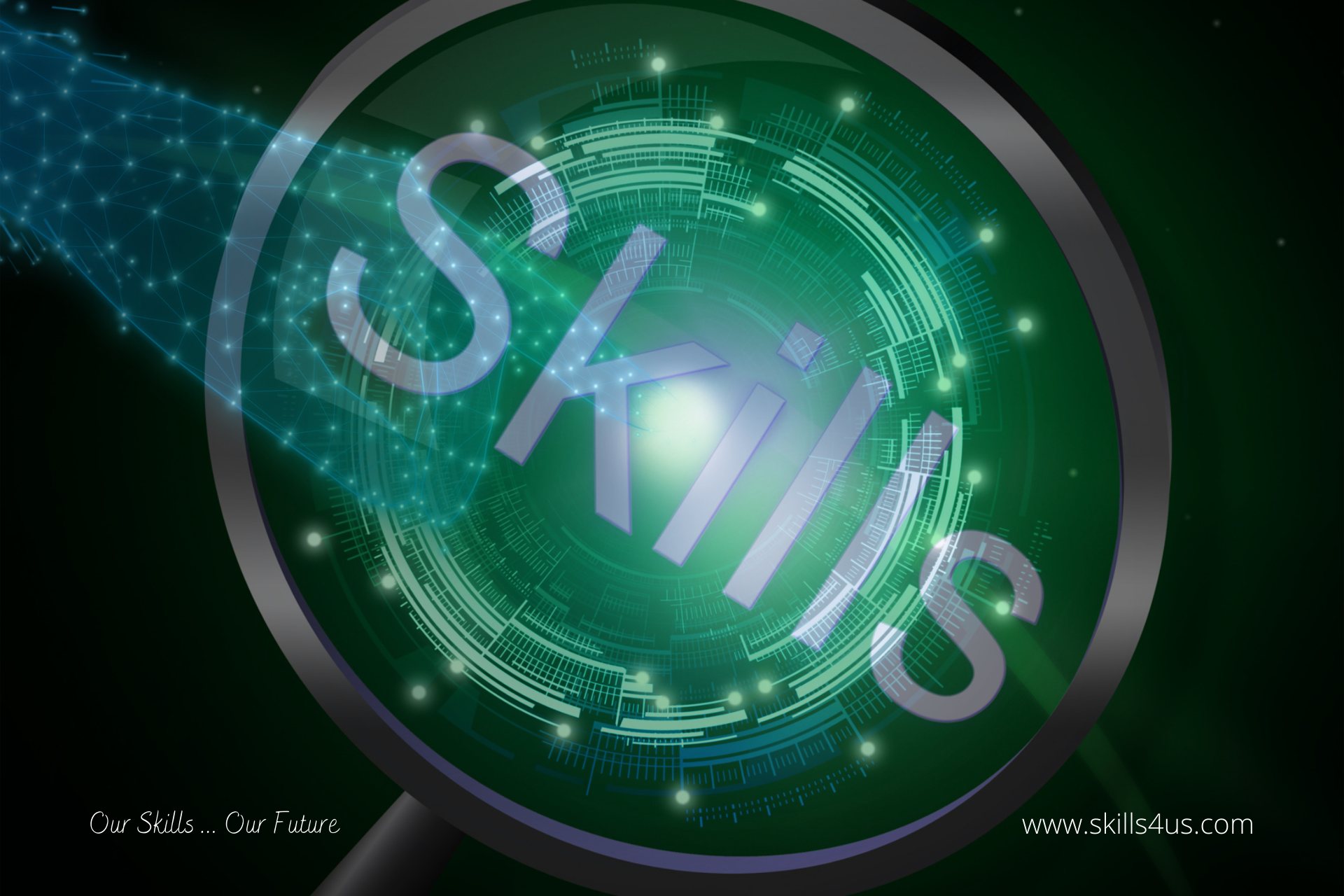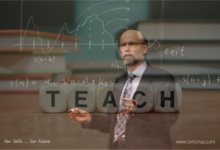
Future Skills You Need For the Age of Artificial Intelligence (AI)
The era of AI has begun, and the race is on to embrace change and find the adaptable and better-functioning “man-plus-machine” scenario. Moreover, AI offers a lot of great benefits to different business sectors. However, many people today are nervous about what AI means for the future of their jobs. But you can think and analyze what is going on around you. In that case, it will help you identify possible opportunities to use your talents and identify new skills and knowledge needed. Thus, employees will need to develop future skills for AI era to help them retain their jobs.
When we envision ideal employees for 2025 and beyond, we must explore the future skills they will need as the adoption of AI increases in business. Moreover, educational institutions must prepare their future graduates to become empowered and productive employees.
Here’s a set of future skills for AI era:
1. Active learning with a growth mindset
A person with a growth mindset understands that he can develop abilities and that building skill leads to higher performance. They are also willing to take on new challenges, learn from their mistakes, and actively seek to expand their knowledge. Knowing that there will be a massive demand for such people in the future workplace because of artificial intelligence and other rapidly evolving technologies, skills will become outdated even faster than they are today.
2. Technological adaptation
Keeping up with the latest technological changes is key to any successful organization. The right technology increases flexibility, and streamlines operations, and helps you deal with changes in the marketplace. Technology and automation have fundamentally changed every corner of the business, and this means that the employee of the future will be able to deal with gaps and embrace new technologies. It includes using artificial intelligence to use augmented reality in business.
3. Basic computer skills
As workplaces increasingly rely on applications, ERP systems, and other AI applications to streamline their operations, workplaces will no longer be immune from computer skills requirements. Jobs in the coming years will be more focused on continuous learning to use new tools to control productivity.
4. Programming and automation
For the competition, the employee of the future needs to be able to create and manage automation and AI applications in the workplace. So different types of programming skills and techniques are required for various fields. For example, employees must be highly skilled in using techniques such as custom CNC data analysis that relies on automation.
5. Analytical thinking
With so many jobs moving toward automation and the application of AI, it is essential to focus on acquiring skills that are difficult to automate. So, the ability to think analytically will be even more valuable, mainly as we deal with the changing nature of the workplace and the labor division between humans and machines. It is because people with analytical thinking skills can develop innovative ideas, solve complex problems, and weigh the pros and cons of different solutions using logic and reasoning rather than relying on instinct or emotion.
6. Creativity
Robots and machines can do many things, but they struggle to compete with humans regarding the ability to create, imagine and innovate. With all the intelligent technology to come, future workplaces will demand new ways of thinking, making creative thinking skills and human ingenuity a vital asset.
7. Emotional intelligence
Given that machines cannot easily replicate the ability of humans to communicate with other humans, it stands to reason that people with high emotional intelligence would be in greater demand in the workplace.
8. Communication
Although AI listens and speaks, the ability to communicate effectively using a wide range of interpersonal skills is still a uniquely human domain. Despite intelligent technology’s power and increased productivity, communication and collaboration are still the secrets that create great businesses where people want to work.
9. Leadership
The future workplaces will look very different from the hierarchical organizations of today. Project-based teams, remote teams, and flexible organizational structures are likely to become more common. But this will maintain the importance of good leadership. People will still need leadership roles to address problems and develop solutions. Therefore, effective leadership skills will continue to be essential in the future.
10. Decision making
We already know that computers can process information better than the human brain. However, decision-making skills will still be necessary because humans make critical organizational decisions.
So, humans must consider the implications of their decisions regarding work and those who work in it.
11. Diversity and cultural intelligence
Workplaces are becoming more diverse and open, so employees will need to be able to respect, understand and adapt to others who may have different ways of perceiving the world. It will improve how people interact within the organization and make the services and products of the organization more inclusive.
12. Embrace change
The pace of change is dramatically accelerating when it comes to artificial intelligence. It indicates the need to embrace this change and see it as an opportunity for growth and career advancement. In addition, employees must be flexible and adapt to changing workplaces, expectations, and required skill sets.
Regardless of the application of AI technologies in business, we must recognize that human capital remains the most valuable type and investment in employee skills. The development will help create the long-term stability that every organization wants in a changing economy.



